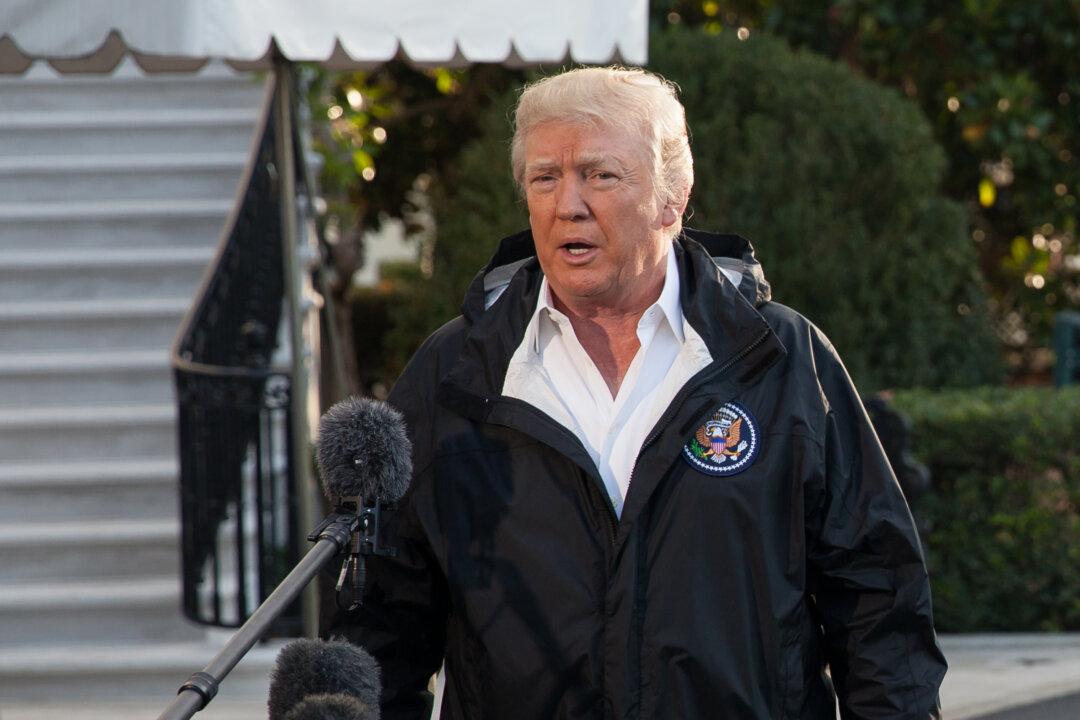Some six out of 10 people believe America needs a third political party to jockey with Republicans and Democrats because those parties are doing such a poor job, according to a new survey.
Just 33 percent of respondents said they think the two major parties do an adequate job, while 62 percent answered yes when asked by Gallup whether “parties do such a poor job representing the American people that a third party is needed.”





